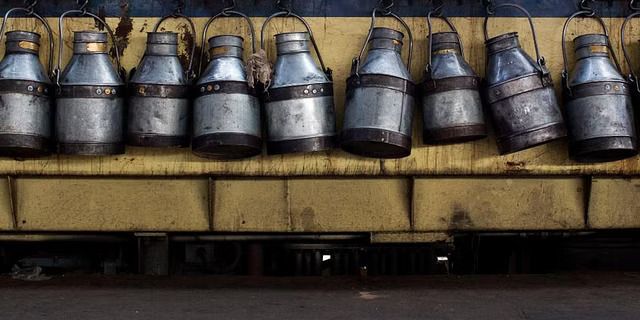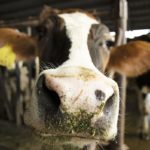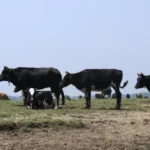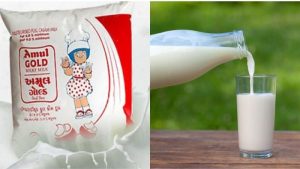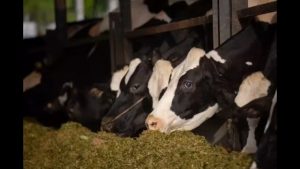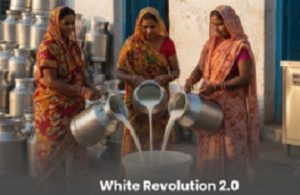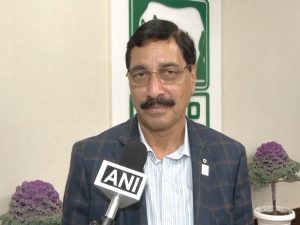
The Karnataka government is likely to take a final decision on milk price after two days, as the Karnataka Milk Federation has sought time to fix the milk and curd price hike. CM Basavaraj Bommai has directed KMF not to increase the price by Rs 3, but also not cause a loss to either farmers or consumers. KMF has sought two days time, he said.
After a meeting with KMF officials, Bommai said he has sought details from them, including the price of milk and curd in other states. “I asked them about KMF’s production cost and why they want to increase the price. I also sought to know what measures they have taken to reduce and stop leakage of milk,” he said.
“Milk price keeps changing from time to time, but there are private players who will gain,” he reportedly told the officials. When asked why the government is interfering with KMF’s decision, he said KMF, “We are giving them subsidy. We are also using milk for our Ksheera Bhagya scheme. Moreover, it is the duty of the government to think of both farmers and customers.”
